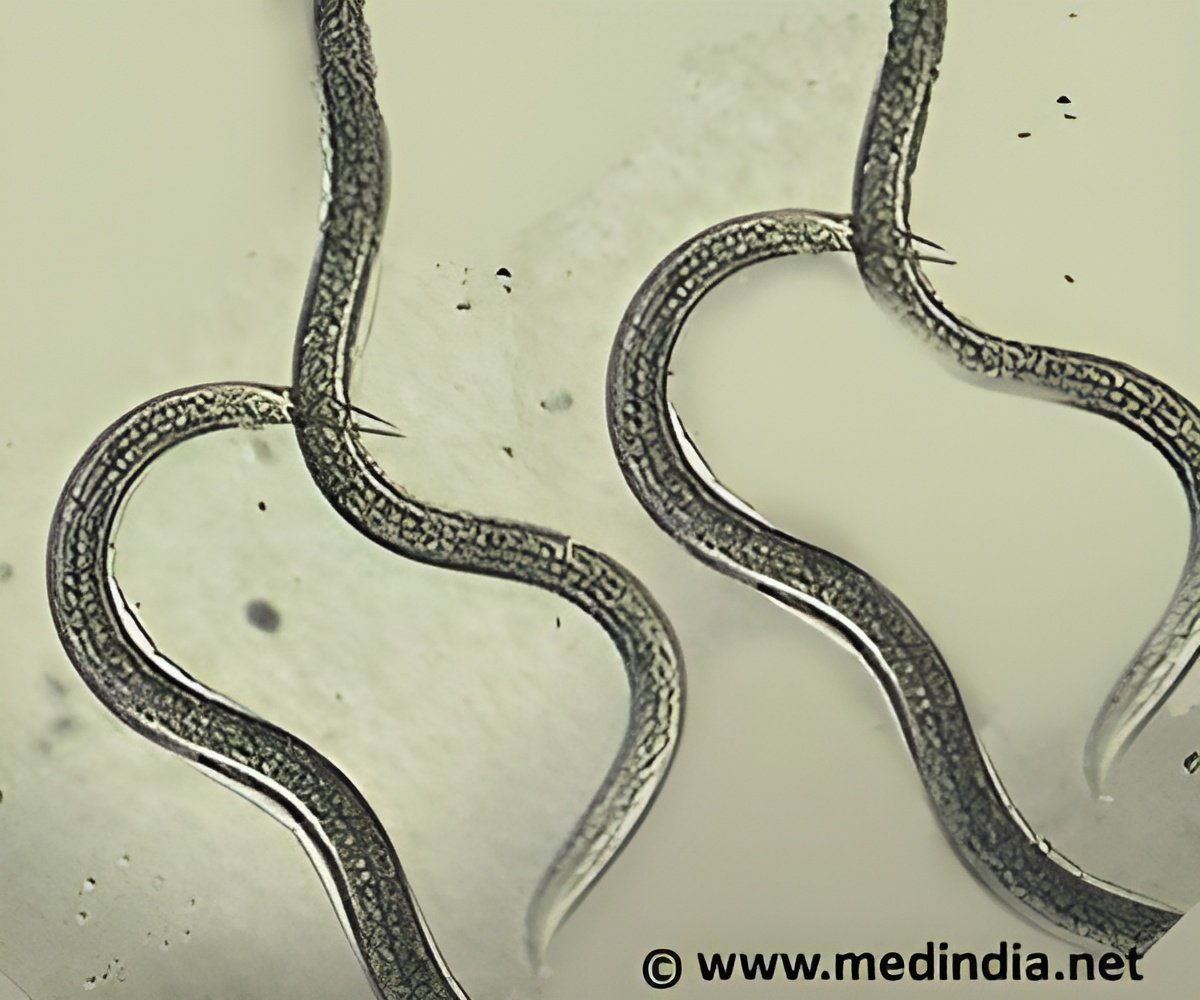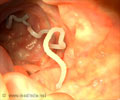
Currently, the only drugs available to treat hookworms in humans were originally developed to combat parasites which infect farm animals. According to researchers from the University of California, San Diego, they are now insufficiently effective, and resistance is rising.
"We need to find a safe, affordable and effective way against hookworms and other intestinal parasites that currently infect more than 1.5 billion people," Yan Hu of the university said.
Hu and colleagues presented the latest research on probiotics treatment in Washington at the annual meeting of the American Society of Tropical Medicine and Hygiene.
In the study, the researchers deliberately infected hamsters with human hookworms, which were later divided into two groups.
One group received a common strain of the bacteria Bacillus subtilis, which is often marketed as a "probiotic", a dietary supplement consumed as a pill or added to food that is intended to promote digestive health, they said.
Advertisement
"Five days after we administered the bacteria, we examined the animals' intestines," Hu said. "We found no worms in the animals that received the modified probiotic, while those that did not receive the modified probiotic remained infected."
Advertisement
"This probiotic is a food-grade bacterial product that can be easily produced in large quantities in a simple fermenter, and it can be manufactured in a form that has a long shelf-life," said Raffi Aroian, principal investigator of the study.
Source-IANS










